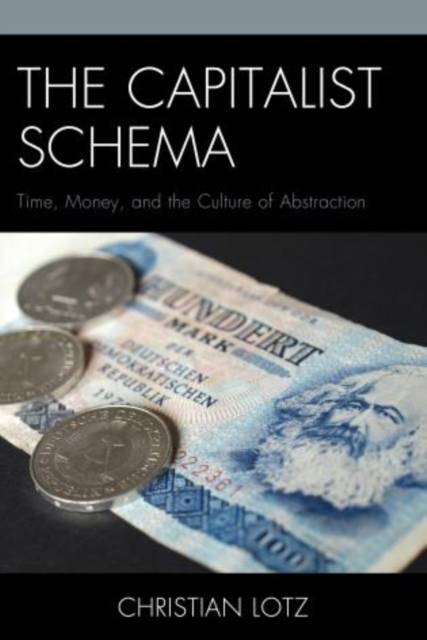
- Retrait gratuit dans votre magasin Club
- 7.000.000 titres dans notre catalogue
- Payer en toute sécurité
- Toujours un magasin près de chez vous
- Retrait gratuit dans votre magasin Club
- 7.000.0000 titres dans notre catalogue
- Payer en toute sécurité
- Toujours un magasin près de chez vous
The Capitalist Schema
Time, Money, and the Culture of Abstraction
Christian Lotz
Livre broché | Anglais
93,45 €
+ 186 points
Format
Description
The Capitalist Schema uses marxist philosophy to explain how money frames all social relations in our capitalist world and how money regulates and conditions social references to past and future social life. Consequently, modern life becomes ever more abstract and leveled, and all human desire becomes channeled towards profit and making money.
Spécifications
Parties prenantes
- Auteur(s) :
- Editeur:
Contenu
- Nombre de pages :
- 191
- Langue:
- Anglais
Caractéristiques
- EAN:
- 9781498504621
- Date de parution :
- 03-06-16
- Format:
- Livre broché
- Format numérique:
- Trade paperback (VS)
- Dimensions :
- 152 mm x 226 mm
- Poids :
- 272 g

Les avis
Nous publions uniquement les avis qui respectent les conditions requises. Consultez nos conditions pour les avis.






